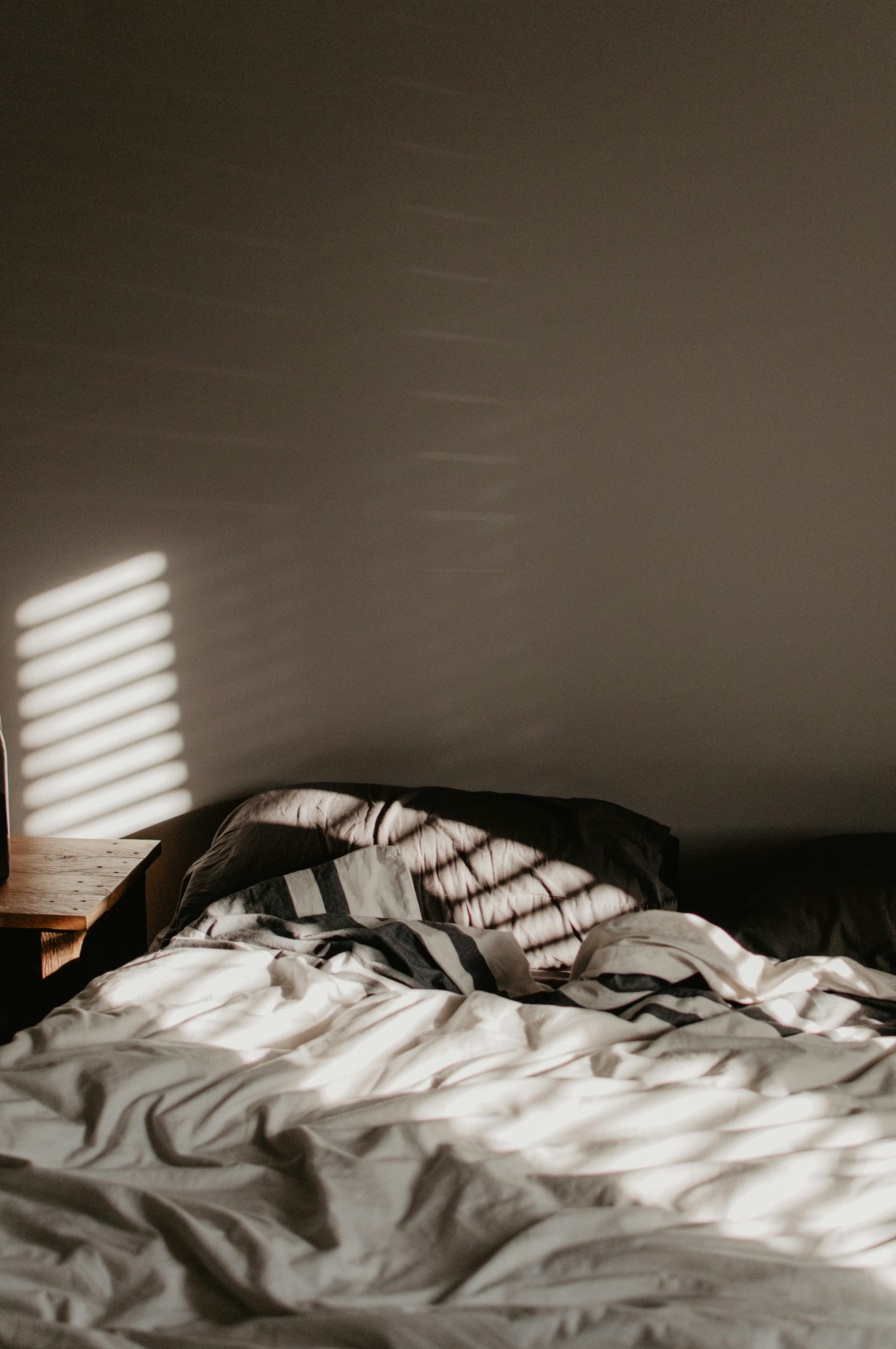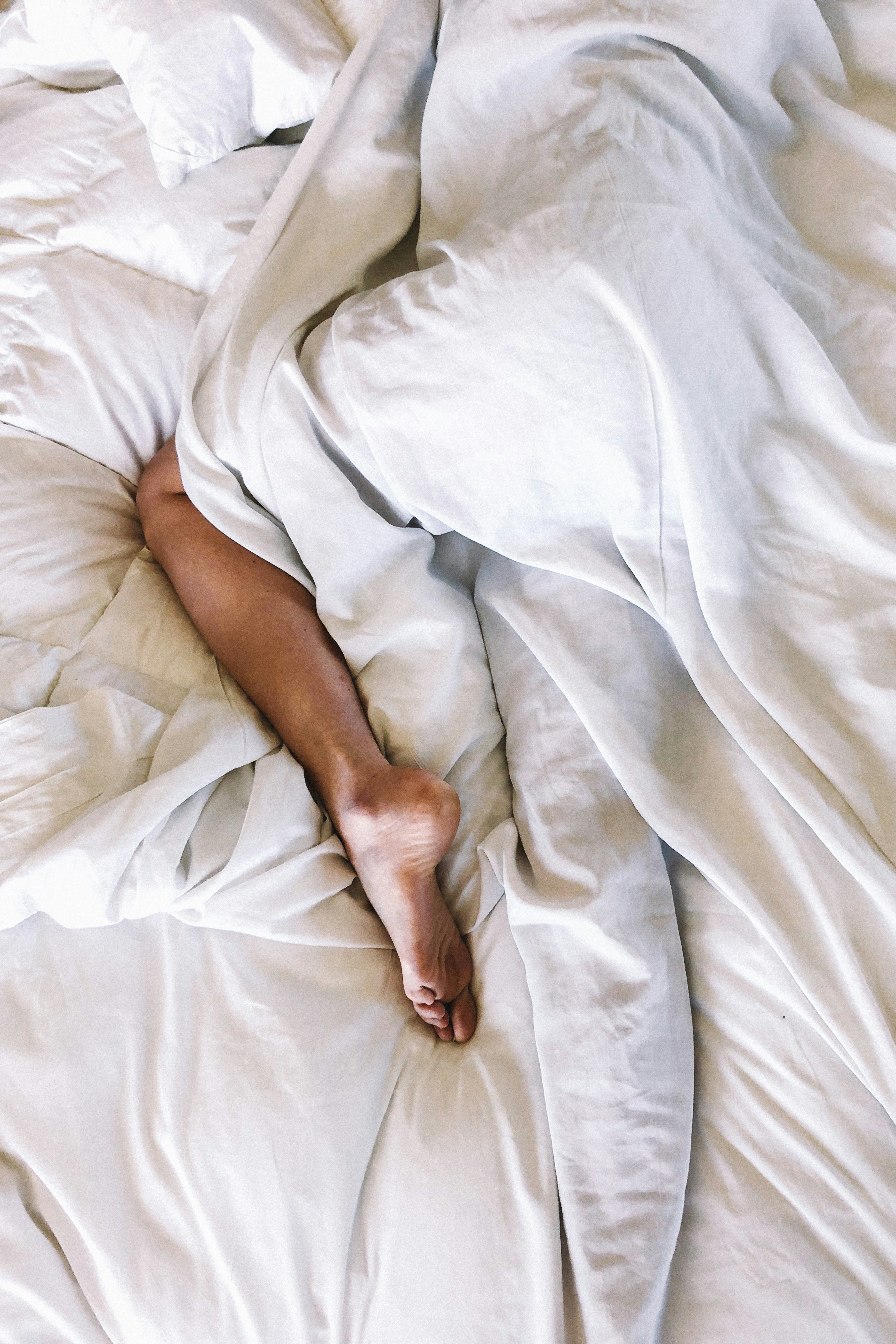Easy Tips to Help You Sleep Better with Sleep Apnea
What if you could change the way you sleep, simply by making a few adjustments to your lifestyle? Sleep apnea is a condition affecting countless individuals, and it could be impacting your quality of life more than you realize. Understanding alternative treatments could lead you to a path of restful nights and energized days. Let’s explore those options together and uncover ways to improve your sleep without relying entirely on conventional medicine.
Understanding Sleep Apnea
Sleep apnea is more than just a nuisance; it can have serious impacts on your health. Characterized by repeated interruptions in breathing during sleep, often accompanied by loud snoring, it robs you of essential rest. If you find yourself waking up gasping for air or feeling perpetually fatigued, you might be dealing with this condition. Awareness of your symptoms is the first step toward achieving better sleep.
Causes of Sleep Apnea
Multiple factors can contribute to sleep apnea. While obesity is one of the most cited causes, it’s not the only one. Let’s break down some other prevalent issues:
Obstructive Sleep Apnea (OSA): This occurs when the throat muscles relax excessively during sleep, leading to blocked airways.
Central Sleep Apnea (CSA): Unlike OSA, CSA occurs when the brain fails to send signals to the muscles that control breathing.
Complex Sleep Apnea Syndrome: This is a combination of both OSA and CSA.
Symptoms to Look Out For
It’s essential to recognize the symptoms that may indicate sleep apnea:
- Loud, persistent snoring
- Gasping or choking during sleep
- Excessive daytime sleepiness
- Morning headaches
- Difficulty concentrating
If these sound familiar, it might be time to change up your routine.
Lifestyle Changes for Better Sleep
Making small yet impactful adjustments can lead to notable improvements in your sleep quality. Here are various strategies you can adopt:
Weight Loss
If your body mass index (BMI) categorizes you as overweight, shedding even a modest amount of weight could significantly alleviate sleep apnea symptoms. Focus on a balanced diet, avoid sugar, and eliminate allergenic foods that may worsen your situation. Keep track of your progress because every bit helps!
Exercise Regularly
Engaging in regular physical activity benefits your overall health and specifically targets factors contributing to sleep apnea. Consider integrating:
- Aerobic Exercises: Activities such as brisk walking, cycling, or swimming.
- Strength Training: Building muscle can help boost your metabolism and accelerate weight loss.
- Yoga and Stretching: These promote relaxation and can improve breathing before bedtime.
Just remember, the goal isn’t to train for a marathon; it’s about fostering a healthy lifestyle.
Deep Breathing Exercises
Incorporating deep breathing techniques into your daily routine can ease anxiety and help clear your air passages. Here are a couple of methods to try:
- Diaphragmatic Breathing: Breathe deeply into your belly instead of your chest. This helps promote oxygen flow.
- 4-7-8 Technique: Inhale for four seconds, hold your breath for seven seconds, then exhale slowly for eight seconds.
Practicing these regularly can contribute to a more restful night’s sleep.
Herbal Remedies to Consider
Many individuals look to herbal remedies for their therapeutic properties. If you’re curious about incorporating natural elements into your routine, consider these options:
5-HTP
5-hydroxytryptophan (5-HTP) is a natural compound that plays a crucial role in serotonin production. Since sleep apnea has been linked to low serotonin levels, supplementing with 5-HTP may help alleviate symptoms. However, always consult a healthcare professional before starting any new supplements.
Valerian Root
Often referred to as nature’s tranquilizer, valerian root tends to enhance sleep quality and reduce anxiety. You might find it in teas or capsules.
Lavender
The calming scent of lavender can soothe nerves and promote relaxation. Consider using lavender essential oils in a diffuser before bedtime or tossing a sachet into your pillowcase.
The Role of Alcohol
It might be time to reassess your relationship with alcohol. While a glass of wine may seem inviting, especially after a long day, you should know that:
- Alcohol acts as a muscle relaxant, which can worsen the obstruction of airways during sleep.
- Cutting back on alcohol may enhance oxygen levels in your blood and lead to more restorative sleep.
Instead of reaching for that late-night drink, opt for a calming herbal tea.
Sleep Habits That Can Make a Difference
How you approach your sleep can significantly impact your experience with sleep apnea. Here’s how to create better sleep hygiene:
Sleep Position
Believe it or not, the position in which you sleep can make a world of difference. Sleeping on your back may increase the likelihood of your tongue blocking your airway. Here’s how to improve your sleeping position:
- Use additional pillows to elevate your head and shoulders.
- Try side sleeping—many individuals find that this position helps reduce symptoms.
Creating a Relaxing Routine
Establish a pre-sleep routine that signals to your body that it’s time to wind down. You can:
- Dim the lights in your home.
- Put away electronic devices at least an hour before bed.
- Engage in relaxing activities like reading or meditating.
By cultivating a calming environment, you’ll likely experience deeper sleep.
Aromatherapy as an Aid
While aromatherapy may not cure sleep apnea outright, incorporating it can enhance your bedtime routine. Specific essential oils are believed to help alleviate the symptoms:
Recommended Oils
| Essential Oil | Benefits |
|---|---|
| Lavender | Promotes relaxation and reduces anxiety |
| Chamomile | Known for its calming properties |
| Bergamot | Aids in reducing stress and promoting sleep |
Try diffusing these oils in your bedroom before bedtime or adding a few drops to your pillow.
Understanding the Need for Professional Help
It’s crucial to remember that home remedies and lifestyle changes should complement, not replace, professional guidance. If you suspect you have sleep apnea, consult a healthcare provider who may recommend:
- Sleep Studies: To observe your sleep patterns and identify apnea events.
- CPAP Machines: Continuous Positive Airway Pressure devices can provide immediate relief.
- Oral Appliances: These can help keep your throat open during sleep.
Understanding your options empowers you to seek the treatment that works best for you.
The Importance of Awareness
Many individuals suffer in silence with sleep apnea, unaware of its potential dangers. The link between sleep apnea and serious health conditions like high blood pressure, depression, and memory loss can’t be overstated. Being proactive about your sleep health is a vital step to reclaiming your nights.
Continue Advocating for Yourself: Recognize that making lifestyle changes shouldn’t happen all at once; start gradually and choose what you feel comfortable incorporating into your life.
Conclusion: A New Perspective on Rest
Imagine waking up refreshed, free from that fog of fatigue. By considering alternative treatments and adopting new habits, you’re taking positive steps in treating sleep apnea.
The journey to better sleep starts with you. Each change you make—whether it’s shedding extra pounds, incorporating regular exercise, or embracing the calming scents of essential oils—can contribute to a healthier you.
Remember that achieving restful nights takes patience and dedication. As you embark on this journey toward wellness, remain steadfast in your commitment to improving your sleep. You’re not just fighting against sleep apnea; you’re taking charge of your health and well-being. So go ahead, make these changes, and reclaim the peaceful nights you’ve been looking for.







